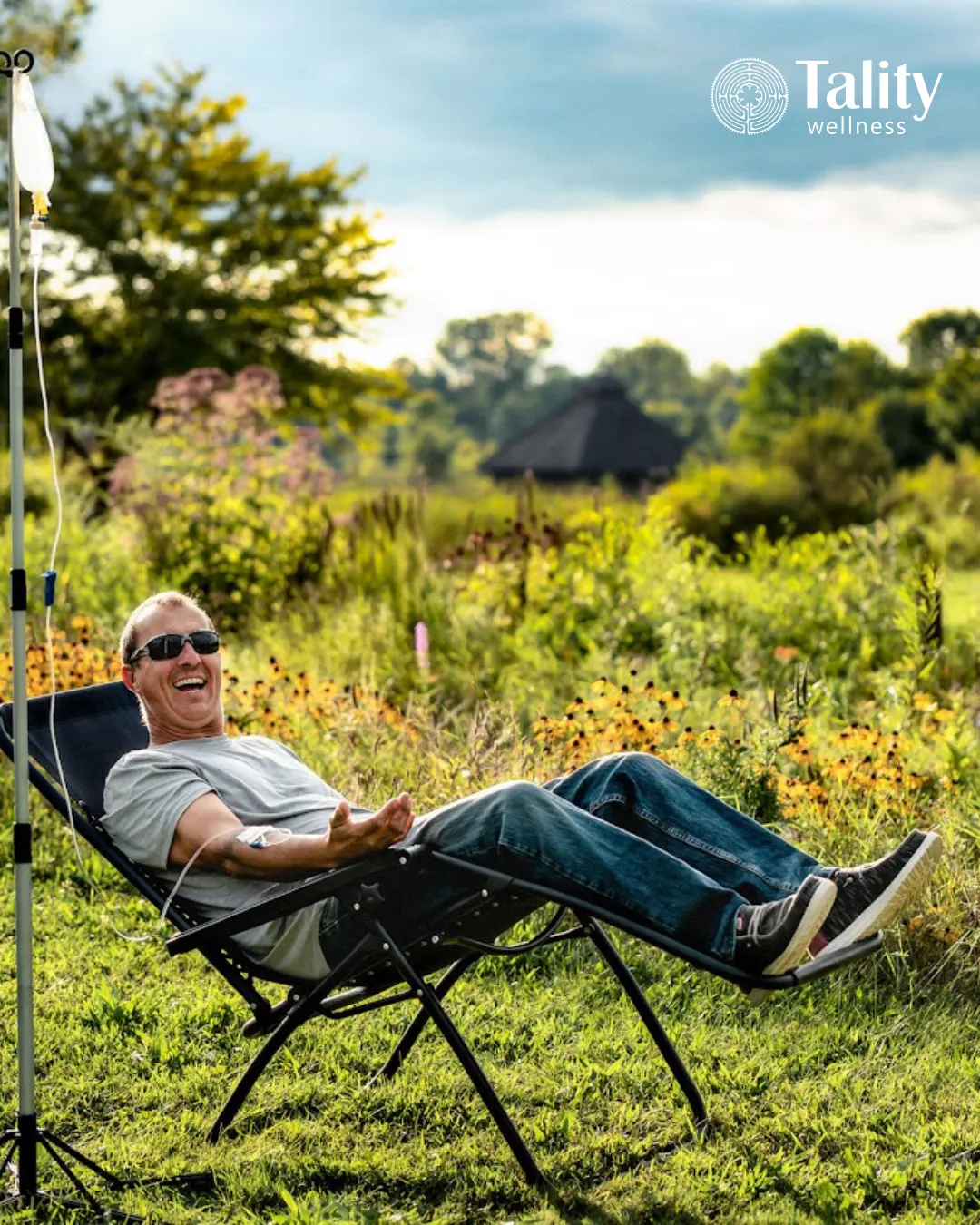Why Burnout Isn’t Just in Your Head — It’s in Your Mitochondria
Published on: 30/07/2025
Burnout isn’t just mental—it’s cellular. Discover how IV ozone therapy, nutrient infusions, and nervous system support at Tality Wellness help restore energy by healing your mitochondria from the inside out.
Stress




